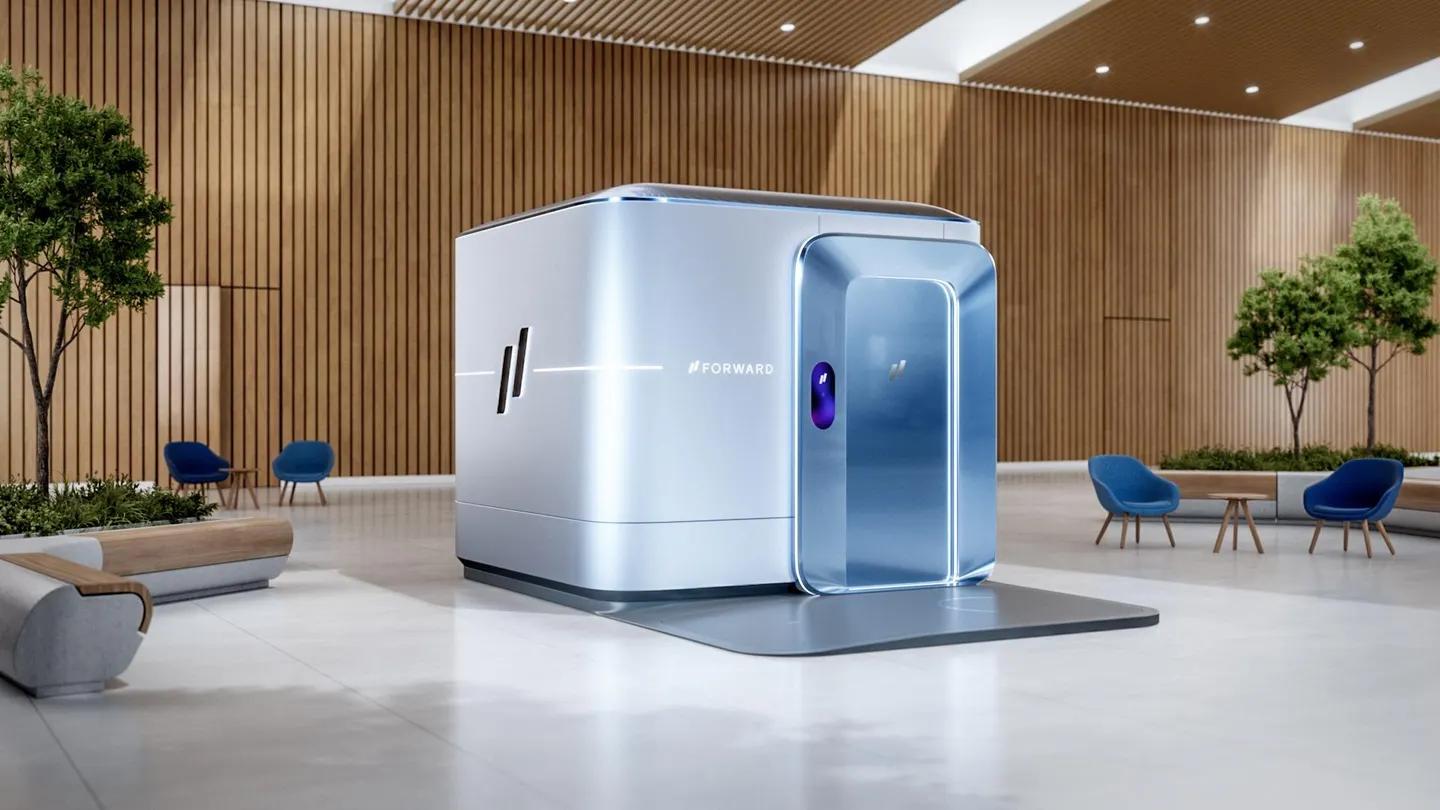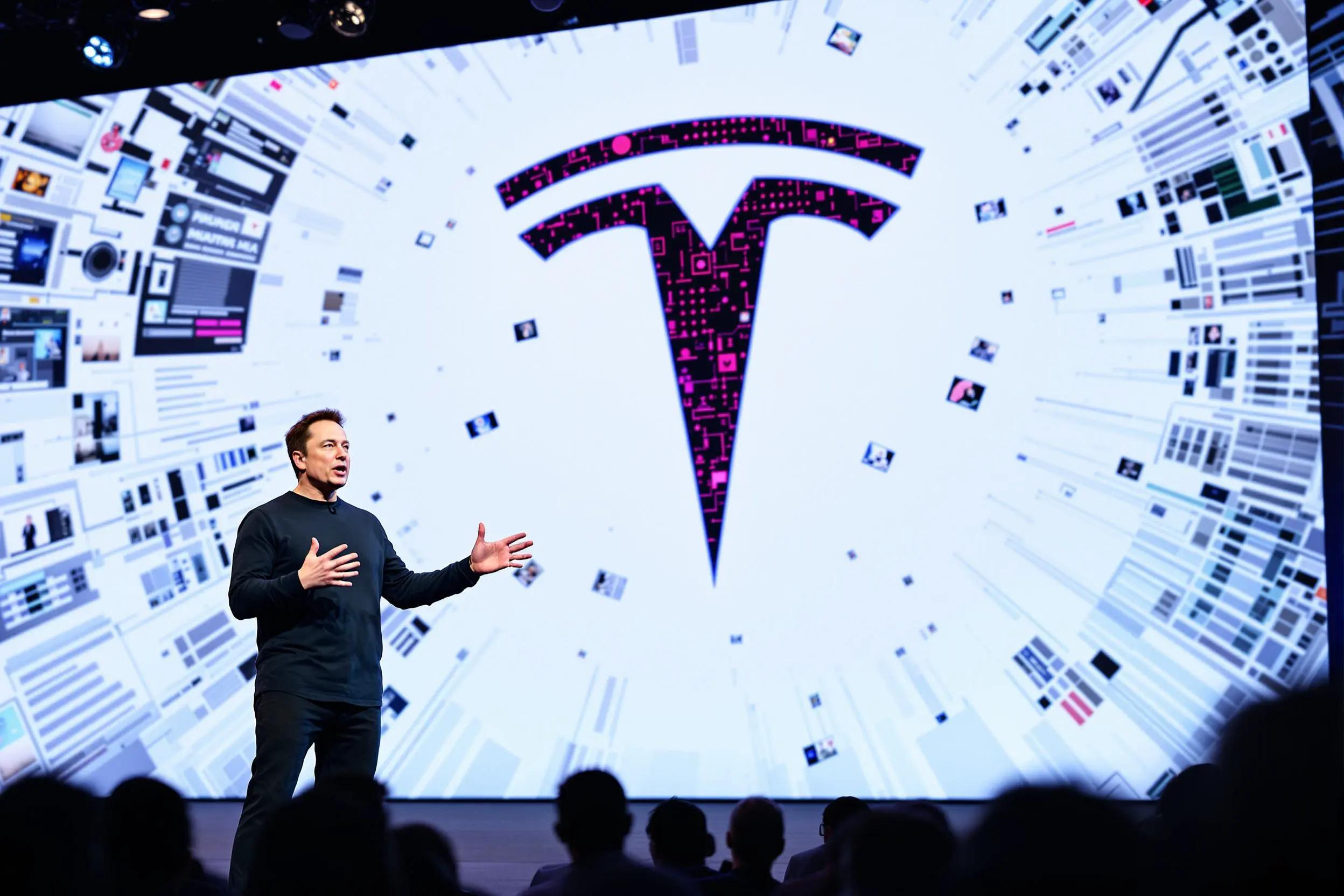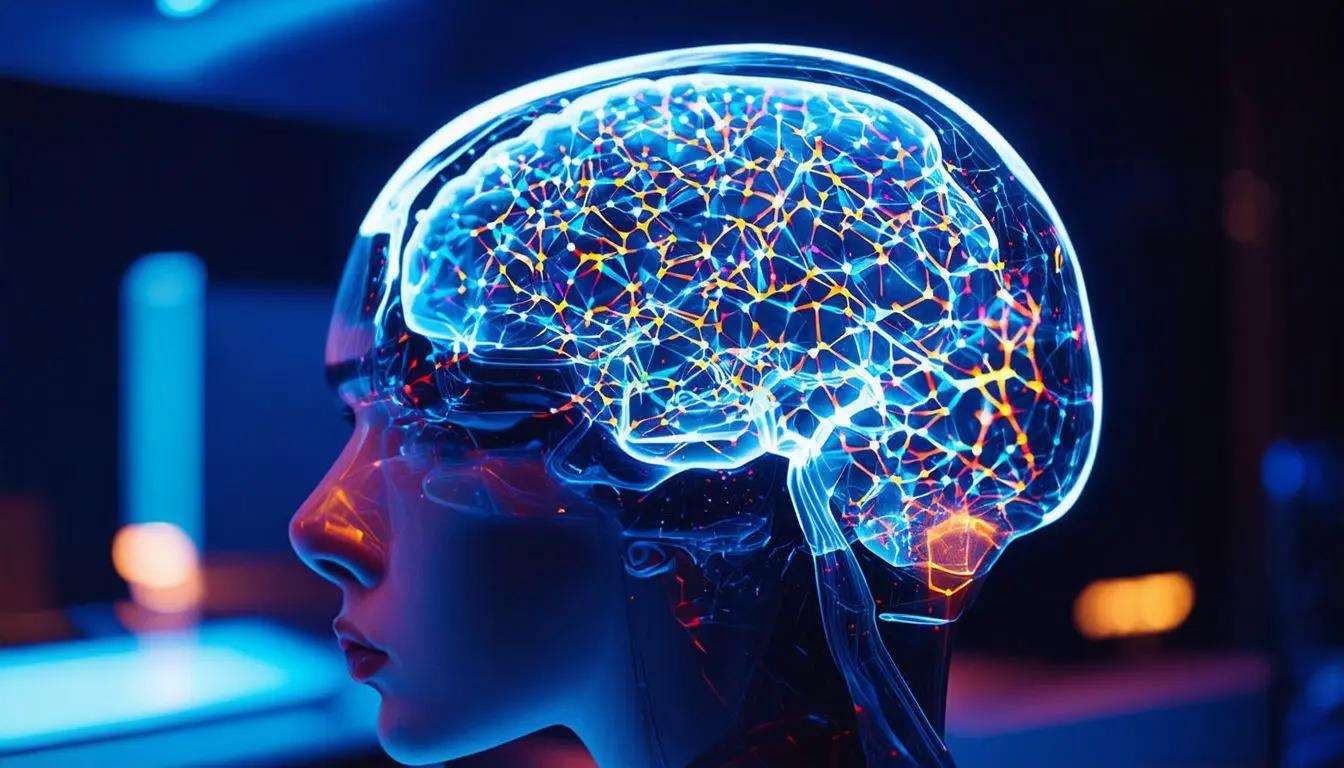July 4, 2024|10 min reading
AI-Powered Healthcare Kiosks: Transforming Medical Services and Accessibility

The healthcare industry is on the brink of a transformation, driven by innovative technologies and groundbreaking startups. One such innovation is the AI-powered healthcare kiosk, a concept that promises to redefine how we access and experience medical services. These kiosks, or "CarePods," as they are often called, offer a futuristic approach to primary care by leveraging artificial intelligence to provide affordable, convenient, and efficient healthcare solutions. This article delves into the world of AI-powered healthcare kiosks, exploring their benefits, challenges, and potential impact on the healthcare landscape.
The Rise of AI-Powered Healthcare Kiosks
The traditional model of healthcare, characterized by in-person visits to doctor's offices, is being challenged by new technologies that aim to make medical services more accessible and efficient. AI-powered healthcare kiosks represent a significant shift in this direction. These kiosks are designed to provide a range of primary care services, from routine check-ups to diagnostic tests, all managed by advanced AI systems.
How Do AI-Powered Healthcare Kiosks Work?
AI-powered healthcare kiosks are compact, self-contained units equipped with various medical instruments and AI-driven diagnostic tools. Patients can use these kiosks to perform a range of health assessments, including body scans, blood pressure measurements, and blood tests. The AI system guides patients through each step, ensuring accurate data collection. Once the data is gathered, it is analyzed by the AI and reviewed by remote medical professionals who provide a diagnosis and treatment plan.
Advantages of AI-Powered Healthcare Kiosks
The introduction of AI-powered healthcare kiosks offers numerous advantages that could revolutionize the healthcare industry. Here are some key benefits:
Accessibility and Convenience
One of the primary advantages of AI-powered healthcare kiosks is their accessibility. These kiosks can be installed in various locations, including shopping malls, office buildings, and community centers, making it easier for people to access healthcare services without the need for an appointment. This convenience is particularly beneficial for individuals with busy schedules or those living in remote areas.
Cost-Effectiveness
AI-powered healthcare kiosks provide a cost-effective solution for primary care. By automating many routine tasks, these kiosks reduce the need for in-person visits, which can be expensive and time-consuming. The subscription-based model, typically around $99 per month, offers unlimited access to the kiosks, making healthcare more affordable for a larger segment of the population.
Efficiency and Speed
The integration of AI in healthcare kiosks ensures that medical assessments are conducted quickly and accurately. AI algorithms can analyze health data in real-time, providing immediate feedback and recommendations. This efficiency can significantly reduce waiting times and improve the overall patient experience.
Data-Driven Insights
AI-powered healthcare kiosks collect and analyze vast amounts of health data, providing valuable insights into patient health trends. This data-driven approach enables healthcare providers to identify patterns and make informed decisions about patient care. Additionally, the continuous monitoring of health data allows for proactive management of chronic conditions and early detection of potential health issues.
Challenges and Considerations
While AI-powered healthcare kiosks offer numerous benefits, there are also challenges and considerations that need to be addressed to ensure their successful implementation and adoption.
Regulatory and Legal Issues
The use of AI in healthcare raises important regulatory and legal questions. Ensuring that AI-powered kiosks comply with healthcare regulations and standards is crucial to maintain patient safety and trust. Additionally, addressing issues related to data privacy and security is essential to protect sensitive health information.
Integration with Existing Healthcare Systems
Integrating AI-powered healthcare kiosks with existing healthcare systems can be complex. It requires seamless communication between the kiosks and electronic health records (EHRs) to ensure that patient data is accurately recorded and accessible to healthcare providers. Developing standardized protocols for data sharing and interoperability is key to overcoming this challenge.
Acceptance and Trust
Building acceptance and trust among patients and healthcare providers is critical for the widespread adoption of AI-powered healthcare kiosks. Patients need to feel confident in the accuracy and reliability of the AI systems, while healthcare providers must be assured that these kiosks complement their services rather than replace them. Education and awareness campaigns can help address misconceptions and build trust in this new technology.
The Future of AI-Powered Healthcare Kiosks
The future of AI-powered healthcare kiosks looks promising, with the potential to transform the way we access and experience medical services. As technology continues to advance, these kiosks will become more sophisticated, offering an even wider range of healthcare services.
Expanding Reach and Accessibility
As AI-powered healthcare kiosks become more widespread, their reach and accessibility will continue to expand. The installation of kiosks in diverse locations, including underserved areas, will ensure that more people have access to quality healthcare. This democratization of healthcare services has the potential to bridge gaps in healthcare access and improve health outcomes for marginalized communities.
Integration of Advanced AI Technologies
The integration of advanced AI technologies, such as machine learning and natural language processing, will further enhance the capabilities of healthcare kiosks. These technologies will enable more accurate diagnoses, personalized treatment plans, and improved patient interactions. The continuous improvement of AI algorithms will also lead to better predictive analytics, allowing for early intervention and preventive care.
Collaboration with Healthcare Providers
Collaboration between AI-powered healthcare kiosks and traditional healthcare providers will be essential for their success. By working together, these two models can complement each other, providing a holistic approach to patient care. Healthcare providers can leverage the data and insights generated by the kiosks to make informed decisions and offer more personalized care to their patients.
Conclusion
AI-powered healthcare kiosks represent a significant step forward in the evolution of healthcare. By offering accessible, affordable, and efficient medical services, these kiosks have the potential to revolutionize primary care and improve health outcomes for millions of people. While there are challenges to overcome, the future of AI-powered healthcare kiosks looks bright, with endless possibilities for innovation and growth.
As we move towards a more technology-driven healthcare landscape, embracing innovations like AI-powered healthcare kiosks will be crucial in addressing the growing demand for healthcare services and ensuring that everyone has access to the care they need. By harnessing the power of AI, we can create a more equitable and effective healthcare system for all.
FAQs
What are AI-powered healthcare kiosks?
AI-powered healthcare kiosks are self-contained units equipped with medical instruments and AI-driven diagnostic tools. They offer a range of primary care services, such as routine check-ups and diagnostic tests, guided by AI systems.
How do AI-powered healthcare kiosks work?
Patients use the kiosks to perform health assessments, guided by AI. The collected data is analyzed by AI and reviewed by remote medical professionals who provide a diagnosis and treatment plan.
What are the benefits of AI-powered healthcare kiosks?
These kiosks offer accessibility, convenience, cost-effectiveness, efficiency, and data-driven insights, making healthcare more affordable and accessible to a wider population.
What challenges do AI-powered healthcare kiosks face?
Challenges include regulatory and legal issues, integration with existing healthcare systems, and building acceptance and trust among patients and healthcare providers.
How will AI-powered healthcare kiosks impact the future of healthcare?
They have the potential to expand access to healthcare, integrate advanced AI technologies, and collaborate with traditional healthcare providers to offer a holistic approach to patient care.
Can AI-powered healthcare kiosks replace traditional doctor's visits?
While they provide many primary care services, AI-powered kiosks complement rather than replace traditional doctor's visits, particularly for more complex medical needs.
Explore more

Elon Musk’s Vision: AI, Mars, and a Future of Abundance
Explore Elon Musk’s predictions on AI, Tesla’s Robotaxi plans, Starship’s Mars mission, and the role of robots in a futu...

Unlocking the Future: The Revolutionary Potential of Brain Image Reconstruction Technology
Discover how brain image reconstruction technology is pushing the boundaries of science and art by decoding thoughts int...

Can Artificial Intelligence Replace Human Intelligence?
Exploring the capabilities and limitations of AI in comparison to human intelligence.
